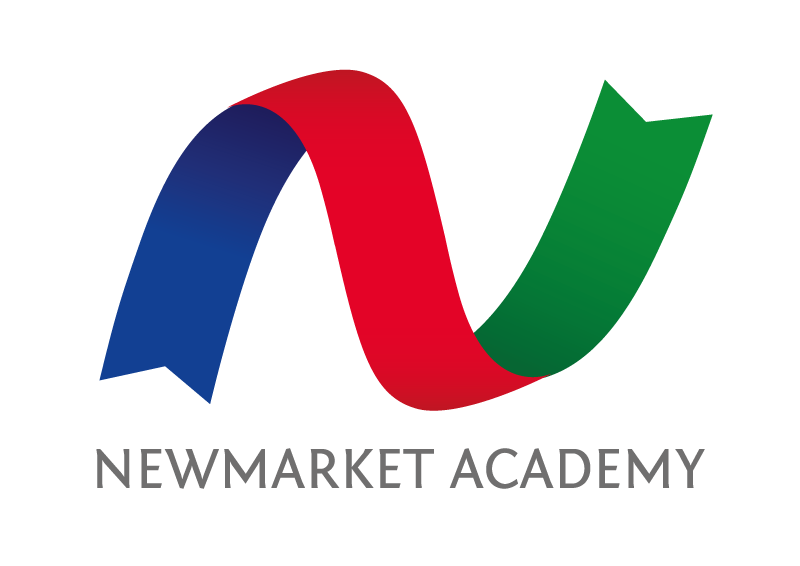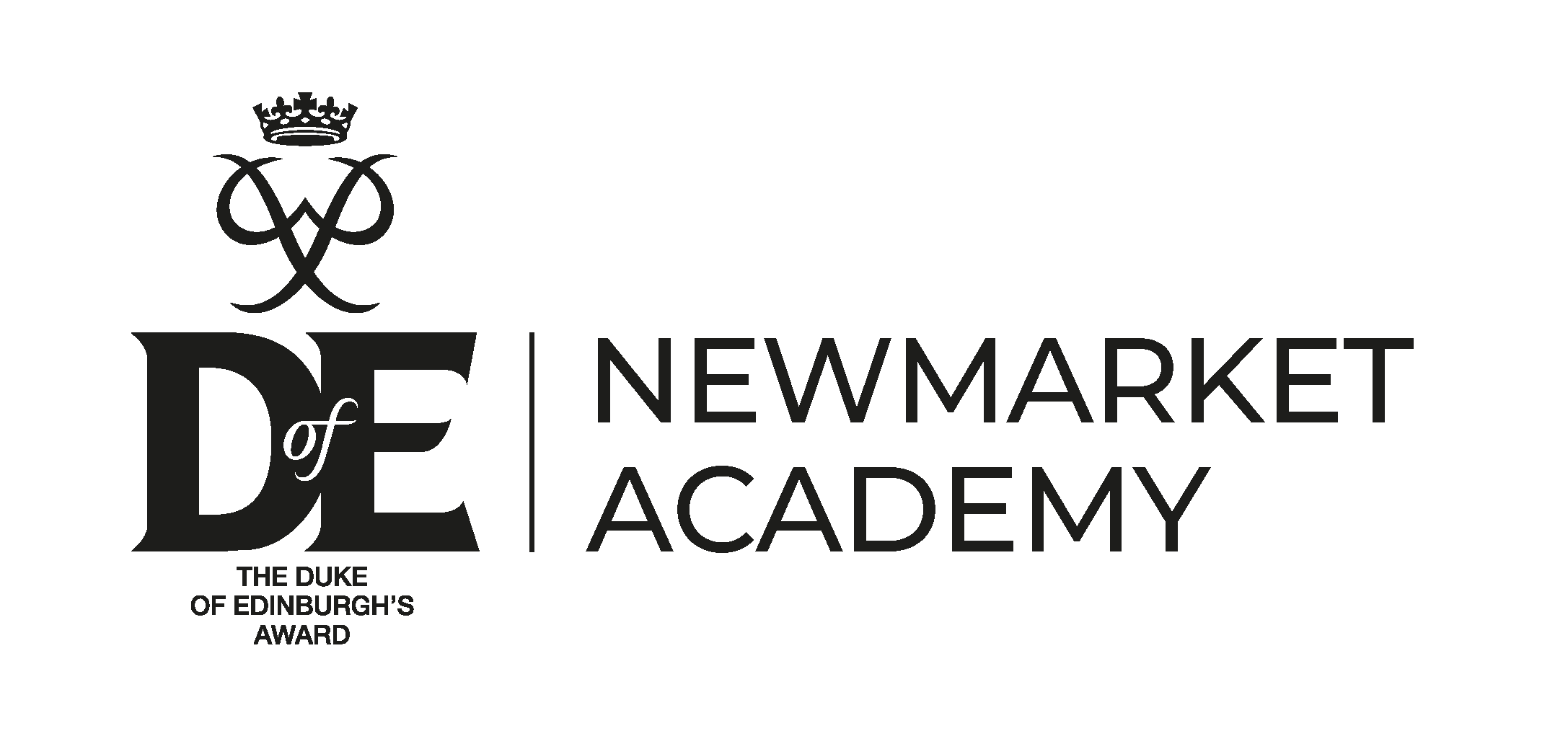Newmarket Academy is a Reading School
We have significantly invested in reading at our school, which includes a well-resourced library, the Newmarket 60 must-reads, a free book for all year 7 and 8 students, and a robust intervention programme. Reading is an important strand of literacy, which also includes writing and oracy.
Literacy is at the core of our culture at Newmarket Academy. Lessons are designed to ensure reading and writing opportunities are frequent. Our curriculum also places emphasis on developing excellent oracy skills. There are three broad areas that form our approach: curriculum, intervention, and culture.
Students at Newmarket Academy can expect to learn how to read forensically, communicate effectively using ambitious vocabulary, and read with prosody.
Newmarket 60 must reads
The House on Mango Street – Sandra Cisneros
Pigeon English – Stephen Kelman
The Hobbit – J. R. R. Tolkien
A History of Britain in 21 Women – Jenni Murray
The Absolutely True Diary of a Part-Time Indian – Sherman Alexie
The Declaration – Gemma Malley
The Guilded Ones by Namina Forna
1984 – George Orwell
His Dark Materials Trilogy – Philip Pullman
Sophie’s World – Jostein Gaarder
Pax – Sara Pennypacker
Harriet Tubman: The Road to Freedom – Catherine Clinton
Matilda – Roald Dahl
Wolf Hollow – Lauren Wolk
Never Let Me Go – Kazuo Ishiguro
The Kite Runner – Khaled Hosseini
Show us who you are -Elle McNicoll
Things Fall Apart – Chinua Achebe
Simon vs. the Homo Sapiens Agenda
Frankenstein – Mary Shelley
A Long Way Gone: Memoirs of a Boy Soldier – Ishmael Beah
Hunger Games trilogy – Suzanne Collins
Percy Jackson and the Lightning Thief –
Jane Eyre – Charlotte Bronte
Black Beauty – Anna Sewell
Wide Sargasso Sea – Jean Rhys
The Book Thief – Marcus Zusak – Rick Riordan
Love from A to Z – S.K. Ali
Strange Case of Dr Jekyll and Mr Hyde – Robert Louis Stevenson
Wildspark – Vashti Hardy
The Butterfly Lion – Michael Morpurgo
The Perks of being a Wallflower – Stephen Chbosky
Life of Pi – Yann Martel
Huckleberry Finn – Mark Twain
The Sun Is Also a Star – Nicola Yoon
Kensuke’s Kingdom – Michael Morpurgo
A Passage to India – E. M.Forster
Noughts and Crosses – Malorie Blackman
The Hate U Give – Angie Thomas
In The Sea There Are Crocodiles – Fabio Geda
The Long Way to a Small, Angry Planet – Becky Chambers
The Curious Incident of The Dog in The Night Time – Mark Haddon
War of the Worlds – H G Wells
Narrative of the Life of Frederick Douglass, an American Slave
10,000 Doors of January – Alix Harrow
Torn Apart: The Partition of India (1947) – Swapna Haddow
To The Lighthouse – Virginia Woolf
The Graveyard Book – Neil Gaiman
The Power – Naomi Alderman
The Call of the Wild – Jack London
The Last Days of Archie Maxwell – Annabel Pitcher
Home Fire – Kamila Shamsie
The Grapes of Wrath – John Steinbeck
City of the Beasts – Isabel Allende
Fahrenheit 451 – Ray Bradbury
The Story of Tracy Beaker – Jacqueline Wilson
Little Women – Louisa May Alcott
The Time Machine – H G Wells
Aristotle and Dante Discover the Secrets of the Universe – Benjamin Alire Saenz
Everything All At Once – Katrina Leno
Curriculum
Each subject has ensured developing literacy is explicitly planned into their curriculum. In year 7 a student’s literacy proficiency is forensically analysed to make sure lessons are tailored appropriately and to ascertain whether intervention is needed. Emphasis is placed on reading because we know that in order for students to be able to access our ambitious curriculum, they need to be able to read.
Each subject area has word lists that feature tier two (advanced high frequency) vocabulary and tier three (subject-specific words) and these are explicitly taught using techniques, such as exploring etymology and the use of Frayer models.
We also have reading lists to support the academic journey and the acquisition of wider contextual knowledge.
We expect our students to embrace a no opt-out approach when taking part in oracy activities, which includes answering targeted questions, delivering presentations, debating, or reading from texts. Students will be given rehearsal time and reading will be modelled in the first instance to ensure confidence is built.
Intervention
Every Key Stage 3 student is tested using the Access Reading Test, which provides a raw score and a reading age. Any student significantly under their reading age is placed on an intervention programme. Most students under their reading age will be placed on the Lexia programme. Additional intervention is put in place in the form of Fresh Start which is designed to rapidly improve word recognition, fluency, and basic comprehension. If the young person in your care is in need of additional support, you will be contacted.
What we can do to support you:
- A newsletter once per week full of lots of helpful tips, news, and essential reads.
- Provide reading books from our library.
- A termly coffee morning where reading and wider literacy is discussed.
- Additional reading material that is tailored to reading age.
- Reading lists.
What can you do at home to support a reading culture?
- Model an enjoyment of reading.
- Make reading part of the daily routine. Why not have a designated reading time?
- Ask about what is being read.
- Make contact with the school and ask to borrow books from our library.
For grammar and punctuation practice please click here.

